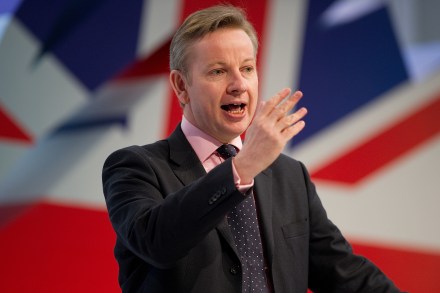PMQs live blog | 22 June 2011
VERDICT: Ed Miliband repeated the same tactic as last week, concentrating on a specific policy area to test Cameron’s command of the details — and again it had the desired effect, although not quite so tellingly as before. The Prime Minister floundered and generalised on the issue of rape arrests, but managed to turn some of his discomfort back on the Labour leader, and ended their exchange sounding more confident than perhaps he was. He was then consideraby more surefooted throughout the backbench questions, particularly when it came to public sector pensions and to attacking Labour’s unfunded VAT cut. But, on the whole, this was another session to relieve the














